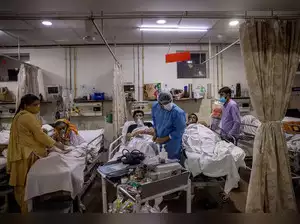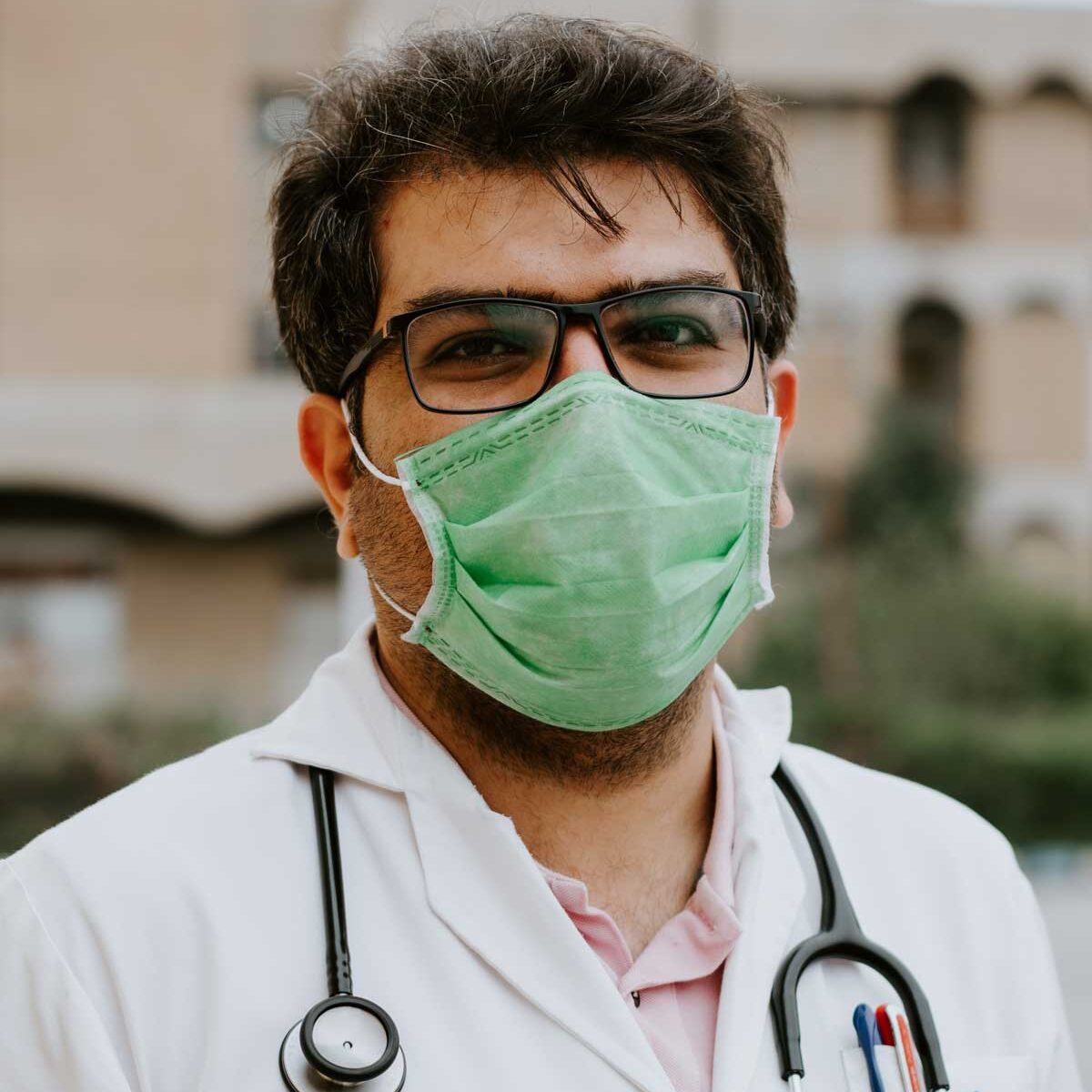The Study’s Key Findings
The study tracked thousands of Covid-19 survivors across different age groups, documenting their symptoms over an extended period. Key findings reveal:
- 75% of long Covid patients reported symptoms lasting beyond 12 months.
- 60% still experienced symptoms after two years, with no signs of complete recovery in many cases.
- Common symptoms include fatigue, brain fog, breathlessness, joint pain, and sleep disturbances.
- Mental health issues, such as depression and anxiety, were observed in a significant number of participants.
Researchers emphasize that these findings challenge previous assumptions that post-viral symptoms would diminish entirely over time. Instead, they suggest that Long Covid may behave more like a chronic illness, requiring dedicated treatment plans.
Understanding Long Covid: Symptoms and Risk Factors
Long Covid, also known as post-acute sequelae of SARS-CoV-2 infection (PASC), refers to a collection of symptoms that persist for weeks, months, or even years after the initial Covid-19 infection has cleared. The most frequently reported symptoms include:
- Fatigue: A sense of exhaustion that does not improve with rest.
- Brain Fog: Cognitive difficulties, such as memory loss and difficulty concentrating.
- Shortness of Breath: Respiratory symptoms even without exertion.
- Joint and Muscle Pain: Ongoing discomfort and stiffness.
- Sleep Disorders: Insomnia or restless sleep.
The study identified that individuals with severe initial infections, pre-existing health conditions, and unvaccinated individuals are at higher risk of developing long Covid. However, even those with mild symptoms during the acute phase of the infection reported persistent health issues, underlining the unpredictable nature of the condition
Impact on Quality of Life and Healthcare Systems
The long-lasting nature of Covid-related symptoms has taken a toll on individuals’ personal lives, employment, and mental health. Many patients report difficulties returning to work, managing daily routines, or engaging in social activities. As a result, health services worldwide are seeing a surge in demand for rehabilitation, mental health support, and specialist care.
Long Covid clinics have emerged in many regions, offering multidisciplinary care to address the wide-ranging symptoms. However, treatment remains challenging as the condition varies widely between individuals, and no universal cure has been identified.
What This Means for Public Health Policy
The findings of this study stress the need for prolonged medical follow-up and increased awareness among healthcare professionals. Governments and health organizations are being urged to:
- Expand long Covid clinics and specialized care programs.
- Invest in research to develop targeted treatments.
- Provide workplace accommodations and financial support for affected individuals.
- Ensure mental health support is integrated into recovery programs.

Moving Forward: Hope Through Research and Awareness
While the persistence of symptoms is alarming, experts remain optimistic that ongoing research will yield more effective therapies. Vaccination has shown to reduce the risk of developing severe symptoms, and early medical intervention can help improve outcomes for long Covid patients.
Public health officials continue to advocate for preventive measures, including vaccination and masking, especially in high-risk environments. As the world moves forward, awareness of long Covid’s impact will play a vital role in ensuring that those affected receive the care and understanding they deserve.






